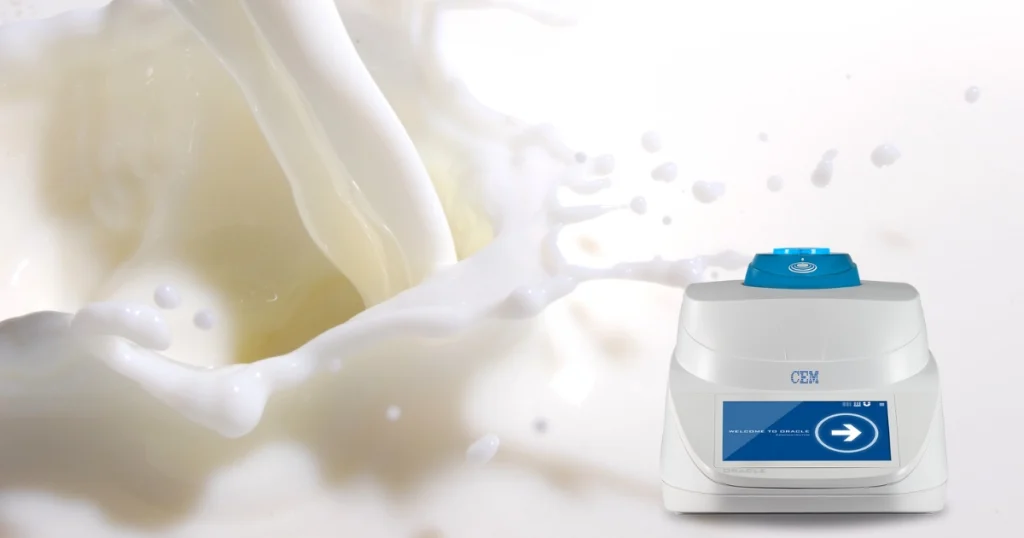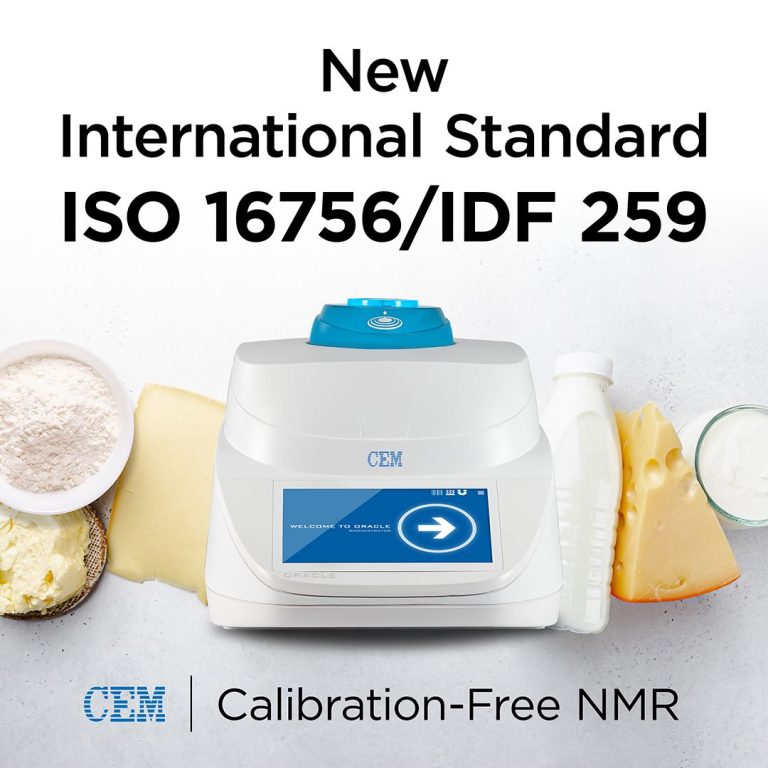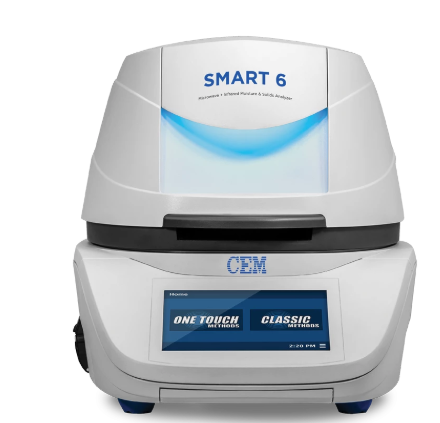Fat analysis with ISO 16756 | IDF 259
Everything you should know

ISO 16756 | IDF 259
It’s probably not new to you, ISO 16756:2024 (also known as IDF 259:2024) is an international standard that provides guidance on determining the total fat content in milk and milk-based products. It uses low-resolution nuclear magnetic resonance (NMR) spectroscopy with the Carr-Purcell-Meiboom-Gill (CPMG) pulse sequence to optimize the specific response of fat molecules.
What is ISO 16756 | IDF 259
This standard is applicable to a wide range of dairy products, including milk, cream, yogurt, ice cream, processed dairy, cheese, and dairy powders. It can analyze any milk and milk-based products, regardless of their source (species or region).
The method is suitable for dry samples (with moisture content ≤ 10%) and liquid or wet samples that have been pre-dried to remove all appreciable water. Additionally, the application is not limited by sample viscosity, color, or particle size.

Laboratory intstruments
To determine total fat content in milk and milk-based products following ISO 16756/IDF 259:2024, laboratories need instruments that perform low-resolution Time-Domain Nuclear Magnetic Resonance (TD-NMR) spectroscopy.
- TD-NMR technique
- The ORACLE system is the only commercially available fat analyzer that utilizes this technology, without matrix specific calibrations or solvents, in under a minute
- Temperature-Controlled Sample Chamber
- Accurate NMR measurements depend on maintaining the sample at a specific, stable temperature (usually around 40–50°C for fats to remain in a liquid state during analysis)
- Instruments often include an integrated or external temperature control system
- Sample Preparation Equipment
- Drying the sample (for removing moisture from wet samples to achieve ≤10% moisture content as specified in the standard) with the CEM Smart 6 or oven
- Analytical Balance (for precise sample weighing, often down to ±0.1 mg)
- Reference Calibration Standards
- Reference materials (e.g., milk powders or other dairy products with certified fat content) are used to verify and validate the instrument performance, though ISO 16756 does not require matrix-specific calibrations
Summary of Key Benefits
The use of NMR eliminates the need for solvent-based fat extraction techniques, which are labor-intensive and potentially hazardous. Moreover, these instruments are versatile, allowing measurements across various sample types without requiring adjustments for different matrices.
The Oracle™ from CEM Corporation is specifically designed for rapid and accurate fat analysis in food and dairy products using advanced Time-Domain NMR (TD-NMR) technology.
Features of the Oracle™:
- Compliance: Fully meets the requirements of ISO 16756/IDF 259:2024 for fat determination.
- No calibration needed: Unlike many NMR instruments, Oracle is calibration-free, eliminating the need for matrix-specific calibration, making it highly versatile for a wide range of (dairy) products.
- Speed: Provides rapid fat analysis, often in under 30 seconds per sample, without the need for complex preparation.
- Ease of use: The Oracle is user-friendly and can be fully automated, requiring minimal operator intervention.
- Versatility: Suitable for liquid, solid, and powdered (dairy) products, including milk, yogurt, cheese, cream, butter, and milk powders.
- Accuracy: Delivers results equivalent to traditional reference methods (like Soxhlet extraction or Mojonnier) without solvents or consumables.
Additional Benefits
- Non-Destructive Testing: Since the Oracle uses NMR technology, the sample remains intact and can be reused if needed.
- Integrated Moisture Analysis: For wet or liquid dairy samples, it can combine with CEM’s SMART 6 Moisture Analyzer to pre-dry samples to the ≤10% moisture content specified in ISO 16756.
By including the Oracle, laboratories can streamline their operations with an instrument that not only complies with the latest ISO standards, but also offers unmatched convenience and efficiency in fat analysis.
Our recommendations

Oracle

Smart 6
Contact us for more information
FAQ
What is ISO 16756 | IDF 259?
It’s an international standard for determining total fat content in milk and milk-based products using low-resolution NMR spectroscopy.
Which products does this standard apply to?
It covers milk, cream, yogurt, ice cream, cheese, processed dairy, and dairy powders—regardless of species or region.
How does the method work?
It uses Time-Domain NMR with the CPMG pulse sequence to measure fat molecules accurately and efficiently.
How should samples be prepared?
Wet samples must be dried to ≤10% moisture using equipment like the CEM Smart6 or an oven. An analytical balance ensures precise weighing.
